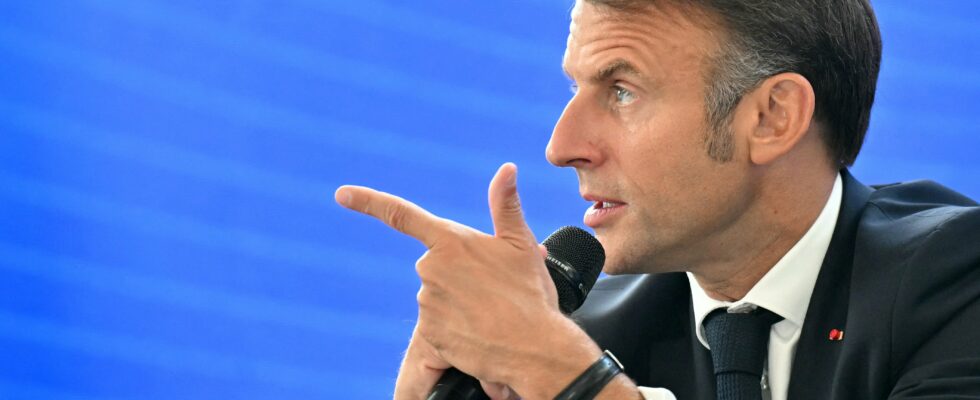A government whose leader is without a majority in the National Assembly, in critical financial circumstances coupled with a passionate political climate – in France, it almost always is – can straighten out a nation. France has already done it! This is indeed the situation that our country experienced in 1926, when Raymond Poincaré was appointed President of the Council. Poincaré was the most accomplished model of politician of the Third Republic.
Several times minister, then President of the Council in 1912, he was President of the Republic during the Great War. He became President of the Council again after the conflict, in 1922, in an already difficult budgetary context. One of his feats of arms was to militarily occupy, and ultimately unsuccessfully, the Ruhr, to force the Germans to pay war reparations when they were reluctant to do so. France had become heavily indebted during the conflict. Political instability worried our creditors. The financial and monetary crisis worsened under the Cartel des gauches and under the ministry of Edouard Herriot, from 1924.
“The Wall of Money”, an Easy Culprit
The Cartel des gauches, like the New Popular Front today, consisted of an electoral alliance without programmatic homogeneity. Imprecise and indecisive, Herriot was incapable of leading a consistent economic policy and reassuring the markets, even though he had inherited a healthy situation in terms of public finances. He blamed “the wall of money” and the Bank of France, which could no longer resort to printing money as before, for the failure of his policy, which was ultimately rejected by Parliament.
If the French left suffers from a bad reputation in the conduct of economic policy, it owes it largely to Herriot and the Cartel. President Gaston Doumergue then relied, with the blessing of the deputies, who were nevertheless mostly on the left, on a “providential man” to lead a government of national unity. Poincaré embodied experience, while the Cartel of the left smacked of adventurism.
Republican, secular, rigorous but audacious as the Ruhr affair had shown, Poincaré relied on a coalition of parties bringing together the centre right, the moderate right and the radical socialists. He had the support of business circles and the middle classes, who had appreciated his policy of stability and economic discipline in the past. This did not prevent him from entrusting Foreign Affairs to a man of the left, Aristide Briand, himself a former President of the Council – the Third Republic had no shortage of them.
Poincaré, a unifying image
Poincaré, who assumed the Ministry of Finance, increased indirect taxes to bring money into the coffers and reduced taxes on high incomes and inheritances to make the country more attractive. Above all, he lifted a taboo that had been restricting economic action since the Great War: he restored the convertibility of the franc into gold, with an exchange rate 5 times lower than that of 1914. The measure ruined the rentiers, whose financial assets were denominated in francs, but revived growth and reduced the value of the debt. According to the economist Charles Serfaty, the public debt/GDP ratio fell from 180% in 1921 to 70% in 1929. What was seen as a monetary humiliation was in reality very wise. It took Poincaré’s prestige to get it accepted.
This government lasted three years. It was courageous and managed to straighten out the country. What lessons can be learned from it? First, to unblock a political crisis, a unifying Prime Minister must rely on his experience and his image. Poincaré was surrounded by a past that served him well. Then, the members of the government, whatever their political colour, must share values. Poincaré was right-wing, but not sectarian. Like the left-wingers in his team, he fought extremism, whether monarchist or revolutionary socialist.
The third lesson is that a coalition can only work if the parties in Parliament put the interests of the country above their political chicanery. In 1926, the goal of putting the public accounts back on track was the subject of consensus. It is not certain that this is the case today, beyond the fine words.
Nicolas Bouzou, economist and essayist, is director of the consulting firm Astères
.
